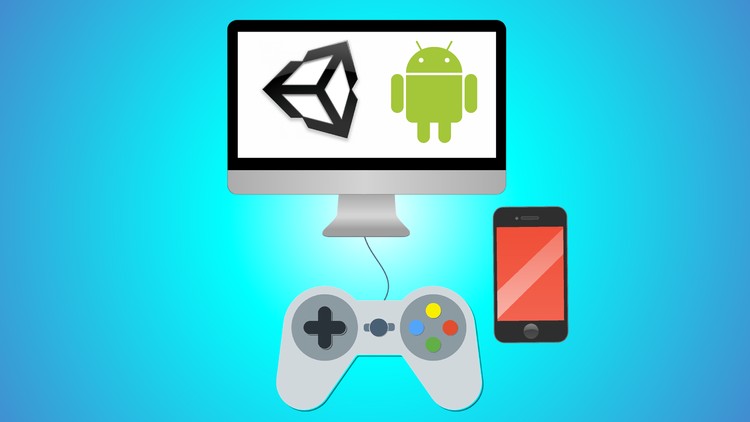Unity: Revolutionizing Game Development with Cutting-Edge IDE
Introduction
In the realm of game development, few tools have had as profound an impact as Unity. Unity stands tall as a leading Integrated Development Environment (IDE) that has revolutionized the industry, empowering developers worldwide to create immersive gaming experiences across various platforms. In this article, we’ll delve into the features, advancements, and significance of Unity as a game development IDE.

Read about also: Unreal Engine: Empowering Game Development with Cutting-Edge IDE
The Rise of Unity: A Game-Changer in the Industry
Unity’s ascent to prominence began with its launch in 2005, quickly gaining traction for its accessibility, versatility, and robust feature set. Over the years, Unity has evolved into a powerhouse IDE that caters to developers of all levels, from indie studios to AAA titans. Its intuitive interface, extensive documentation, and vibrant community make it the IDE of choice for millions of developers worldwide.
Versatility and Multi-Platform Support
One of Unity’s standout features is its unparalleled versatility and multi-platform support. Developers can create games for a diverse range of platforms, including PC, consoles, mobile devices, augmented reality (AR), virtual reality (VR), and more, using a single codebase. This cross-platform capability streamlines the development process and allows for broader reach and accessibility for gaming audiences.
Powerful Visual Editor and Asset Management
Unity’s visual editor provides developers with a powerful set of tools for designing and building game worlds, characters, and assets with ease. From terrain sculpting and lighting design to animation and particle effects, Unity’s visual editor empowers developers to bring their creative visions to life. Additionally, Unity’s asset management system simplifies the organization and integration of game assets, enhancing collaboration and workflow efficiency.

Scripting with C# and Unity API
Unity’s robust scripting capabilities, powered by the C# programming language and Unity API (Application Programming Interface), provide developers with unparalleled flexibility and control over game behavior and functionality. Whether it’s implementing game mechanics, handling player input, or integrating third-party plugins, Unity’s scripting environment offers a wealth of resources and documentation to support developers throughout the development process.
Thriving Ecosystem and Community Support
Unity’s success is further amplified by its thriving ecosystem and community support. From asset stores and forums to tutorials and online courses, Unity provides developers with a wealth of resources and opportunities for learning, collaboration, and networking. Additionally, Unity’s commitment to innovation and technology advancements ensures that developers have access to cutting-edge tools and features to stay ahead in the rapidly evolving game development landscape.
Conclusion
Unity stands as a beacon of innovation and empowerment in the world of game development. Its versatility, multi-platform support, powerful visual editor, scripting capabilities, and vibrant ecosystem have solidified its position as the IDE of choice for developers seeking to create captivating gaming experiences. As Unity continues to evolve and push the boundaries of what’s possible in game development, it remains at the forefront of driving innovation, creativity, and success in the gaming industry.







